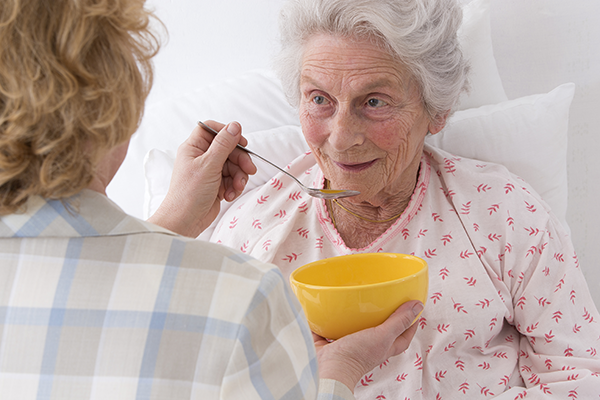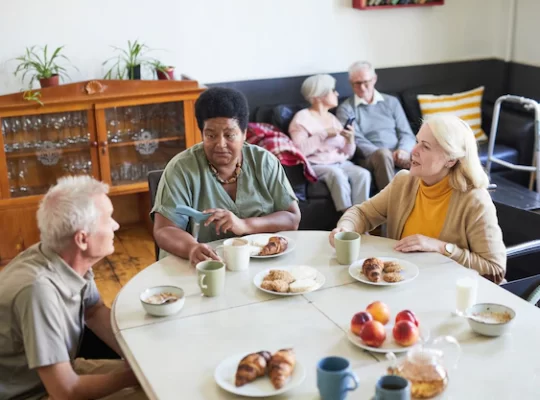Embracing Care and Love: A Journey
Hello and welcome to a heartfelt exploration of care and love, two fundamental aspects of our lives that are timeless and ever-present. In this guide, we’ll delve into the beauty of caregiving and the profound impact of love, especially in the context of elderly care. So, grab a seat, and let’s embark on this heartwarming journey.
The Essence of Care and Love
What Is Care?
Care is the act of providing for and looking after the well-being of someone. It encompasses attention, support, and the genuine desire to ensure the comfort and happiness of the person receiving care.
The Power of Love
Love is a profound and deep affection that knows no boundaries. It’s the driving force behind caregiving, bringing warmth, compassion, and understanding to the act of caring for someone.
Caregiving: A Noble Calling

The Heart of Caregiving
Elderly care is a noble calling that requires unwavering dedication and compassion. Let’s take a closer look at the heart of caregiving:
1. Providing Physical Care
This involves assisting with daily activities like bathing, dressing, grooming, and mobility. It’s about ensuring that the basic physical needs of the elderly are met with care and respect.
2. Emotional Support
Elderly individuals often face emotional challenges, and caregivers provide a vital source of emotional support. They lend a listening ear, offer companionship, and create a nurturing environment that promotes emotional well-being.
3. Medication Management
Caregivers play a crucial role in managing medication schedules, ensuring that the elderly receive their prescribed medications on time and in the correct dosage.
4. Household Assistance
Maintaining a comfortable living environment is essential. Caregivers help with household tasks, meal preparation, and light housekeeping to create a clean and safe space.
5. Companionship and Social Engagement
Loneliness can be a significant issue for the elderly. Caregivers offer companionship and engage the elderly in social activities, which can improve their mental and emotional health.
Love in Action
The Role of Love in Elderly Care
Love is the driving force behind caregiving. It’s a force that transcends duty and becomes a genuine bond between the caregiver and the elderly individual. Here’s how love comes to life in caregiving:
1. Compassion and Empathy
Caregivers approach their role with compassion and empathy, truly understanding the needs and feelings of the elderly person they’re caring for.
2. Patience and Understanding
Elderly individuals may have unique challenges and needs. Love allows caregivers to be patient, providing understanding and unwavering support.
3. Building Trust and Rapport
Love is the foundation for building trust and rapport. The elderly person comes to see their caregiver as a trusted friend and companion.
4. Treating with Dignity and Respect
Love demands that caregivers treat the elderly with dignity and respect, ensuring their autonomy and independence are preserved.
The Impact of Care and Love
The Profound Influence on Elderly Well-being
The influence of care and love in elderly care cannot be overstated. Here’s how it profoundly affects the well-being of the elderly:
1. Physical Health
Receiving dedicated care and love contributes to better physical health. The elderly experience fewer stress-related health issues and enjoy an improved quality of life.
2. Mental and Emotional Well-being
Elderly individuals who feel cared for and loved are less likely to suffer from depression and anxiety. The emotional support provided is a powerful buffer against mental health issues.
3. Enhanced Quality of Life
The care and love they receive enhance their overall quality of life. This includes the ability to engage in social activities, maintain a sense of purpose, and enjoy their golden years to the fullest.
4. Building Resilience
Elderly individuals who are cared for and loved develop greater emotional resilience, helping them navigate the challenges of aging with strength and grace.
The Caregiver’s Journey
A Noble Path of Sacrifice and Reward
Caregiving is not without its challenges, but it’s also a journey filled with immeasurable rewards. Here’s what caregivers experience:
Challenges of Caregiving
- Emotional Strain: Caregivers may experience emotional strain due to the responsibility and the emotions involved in caring for the elderly.
- Physical Demands: The physical demands of caregiving can be taxing, as it often involves lifting, assisting with mobility, and managing medications.
- Balancing Act: Caregivers often need to balance their caregiving duties with personal life, which can be challenging.
Rewards of Caregiving
- Fulfillment: The sense of fulfillment in knowing that you are making a positive difference in the life of the elderly person you’re caring for.
- Bonding: The bond that forms between the caregiver and the elderly person is a unique and precious connection.
- Life Lessons: Caregivers often learn invaluable life lessons about compassion, empathy, and the true meaning of love.
- Legacy of Love: The love and care given leave a lasting legacy that continues to influence the lives of the elderly and their families.
The Circle of Care and Love
Spreading the Gift of Care and Love
Care and love create a powerful ripple effect. When an elderly person receives dedicated care and genuine love, it inspires a circle of compassion and support. Family members, friends, and the broader community are touched by this love and encouraged to extend it to others.
And That’s That
In the world of elderly care, the essence of care and love shines brightly. These two fundamental elements are not just actions but a way of life, enriching the lives of those who give and receive them. The journey of caregiving is noble and rewarding, and it leaves an enduring legacy of love. As we embrace care and love, we create a world that’s more compassionate, kind, and filled with the warmth of human connection.






